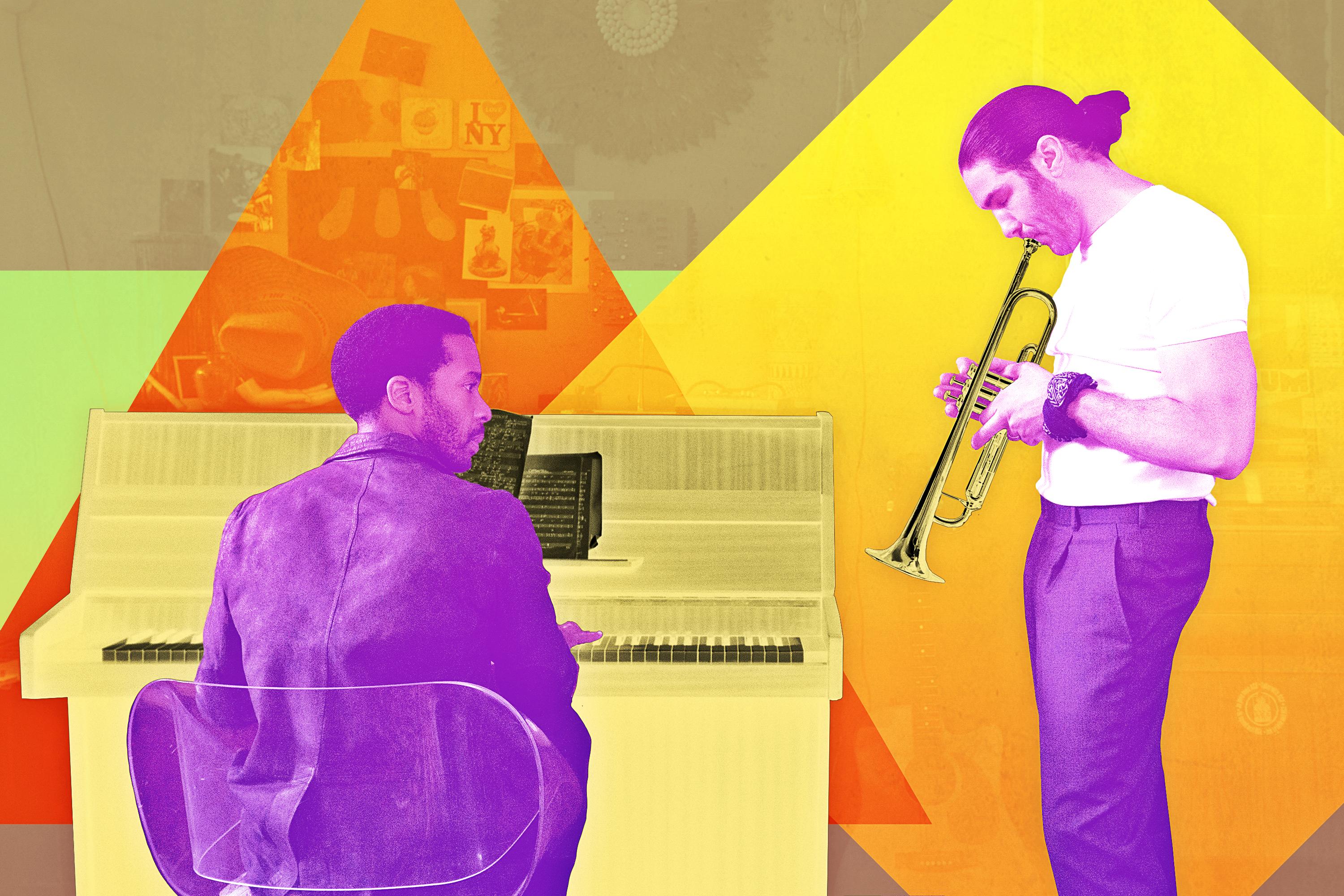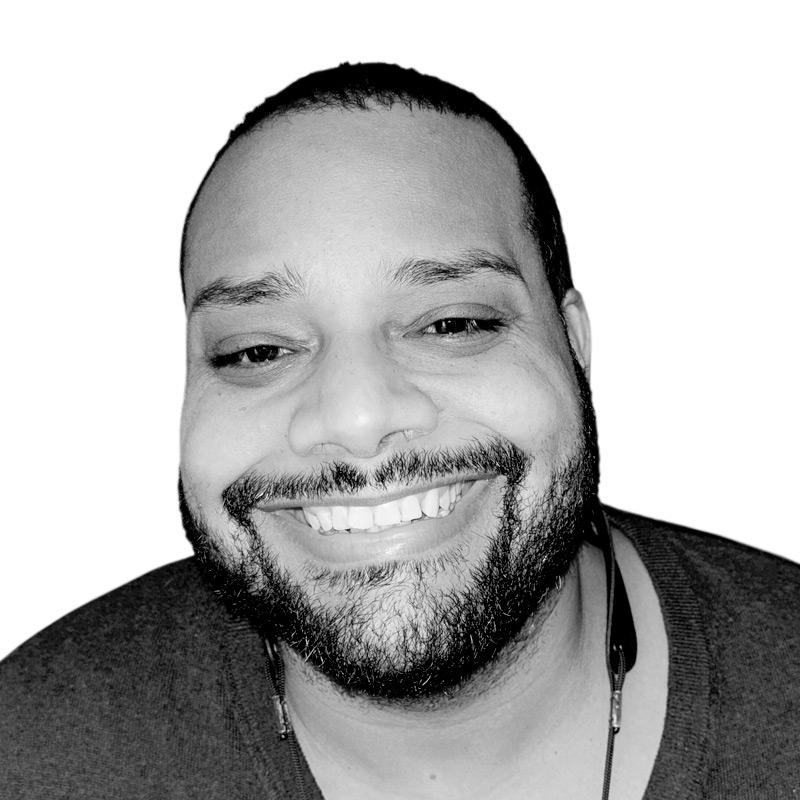

Mercifully, The Eddy spared its viewers by declining to be a television series “about jazz.” I fear critics might have exploded into a visceral paste upon watching a couple of episodes directed by Damien Chazelle “about jazz.” Chazelle wrote and directed 2016’s La La Land, a movie “about jazz,” which sparked a long and awful conflagration “about jazz,” among other critical concerns. The Eddy assembles all the elements required to make a series “about jazz”: It’s set in a seedy nightclub in Paris; features a washed-up virtuoso in arrears, a misfit band, a fussy critic, and a record deal; and has an overall sentimentality about live musical performance. These are ideas. These are, dare I say, “ideas about jazz,” though The Eddy bears other talents, themes, and ideas about fatherhood, blackness, excellence, and belonging. If the series creators had set out to make the whole thing “about jazz,” I might have resigned from the internet altogether. We’re not doing this again.
The Eddy is a character drama about messy, broke, quarrelsome bandmates who get sucked into the criminal underworld due to the titular nightclub’s illicit debts. The club’s owner, a world-renowned pianist named Elliot Udo (André Holland), lectures his dysfunctional house band but hesitates to join them on stage. In the pilot, Udo’s bandmate and business partner, Farid (Tahar Rahim), gets his throat sliced by some mysterious gangsters. It turns out Farid was laundering counterfeit euros in the club to bolster its bleak finances; unfortunately, he missed some repayments, which tragically spelled his demise. Every now and again in the series’ eight-episode run, The Eddy transforms into a crime drama as Udo, implicated in Farid’s murder, struggles to resolve the outstanding debts (or else) while also placating the hostile detective who assumes Udo conspired to kill Farid for vague jazz-related reasons. Mostly, though, Udo struggles to raise his rebellious daughter, Julie (Amandla Stenberg), who has temporarily fled from her mother’s custody in New York, and to lead his musical vagabonds into a respectable record deal. There’s little romanticism about the band’s aspirations. They’ll practice, they’ll perform, they’ll impress the viewer with witty songwriting and playful flourishes—and Udo will tell them they all sound like garbage. It’s beautiful.
My colleague Alison Herman criticizes The Eddy for leaning so decisively into the money-laundering subplot: “All of it is designed to add tension and momentum to a show that doesn’t need either,” she writes. But strangely, the criminal conspiracy mounts the show’s most peculiar pronouncements about the state and value of jazz in the early 21st century. There’s a mob boss named Sami, who didn’t order Farid’s hit but did otherwise employs his killer. Midway through the series, Sami reveals himself to Udo as a fan of jazz and Udo’s music. Sami does the middlebrow villain thing in which he plays buddy-buddy with the protagonist in order to intimidate him. For several minutes, I wondered whether the mob boss was doing a bit. Udo wonders the same, and tries and repeatedly fails to get Sami to drop the bit. I waited for Sami to reveal his true, practical motivations for coveting the Eddy. He says he couldn’t care less about the club’s balance sheet and his potential return on investment—he just loves jazz. He won’t shut the fuck up “about jazz,” and Udo can only stare down the mob boss in disbelief, so exhausted by (but also dubious about) Sami’s flattery. Sami would wreck heaven and earth for the love of jazz. He’s the only character who would humor any lengthy, pretentious discussion “about jazz.” The musicians, and even the critic, just want to survive the genre’s commercial doldrums.
In the season finale, Sami firebombs the club during a sold-out concert in order to intimidate Udo into selling him a 50 percent ownership stake. Udo extinguishes the fire, evacuates the venue, and capitulates to Sami. Ultimately, Udo gives up trying to understand Sami’s motivations for stalking, beating, bombing, and killing the harmless musicians who haunt this modest jazz club, but I haven’t. I have so many theories about Sami’s intentions, such as: Does the Eddy sit atop some buried treasure that Sami plans to extract? But I’ll admit, the first season doesn’t support my theories with any explicit pronouncements. I might recognize The Eddy as a bulwark against digitization, gentrification, and, in the immediate context, social distancing; I watched the first couple of episodes with powerful envy about the freedom to move and slobber, as Udo and his bandmates do, in such a sociable venue, with its weak drinks and its shitty bathrooms, in all its modest glory. Sami might also recognize these qualities, but he might simply recognize a decent commercial investment. Perhaps when watching a second season in a year or so, I will sigh when, inevitably, Sami drops his bit and reveals his plan to transform The Eddy into Starbucks, thus reducing jazz to Muzak, as such high-dollar investments tend to do.

